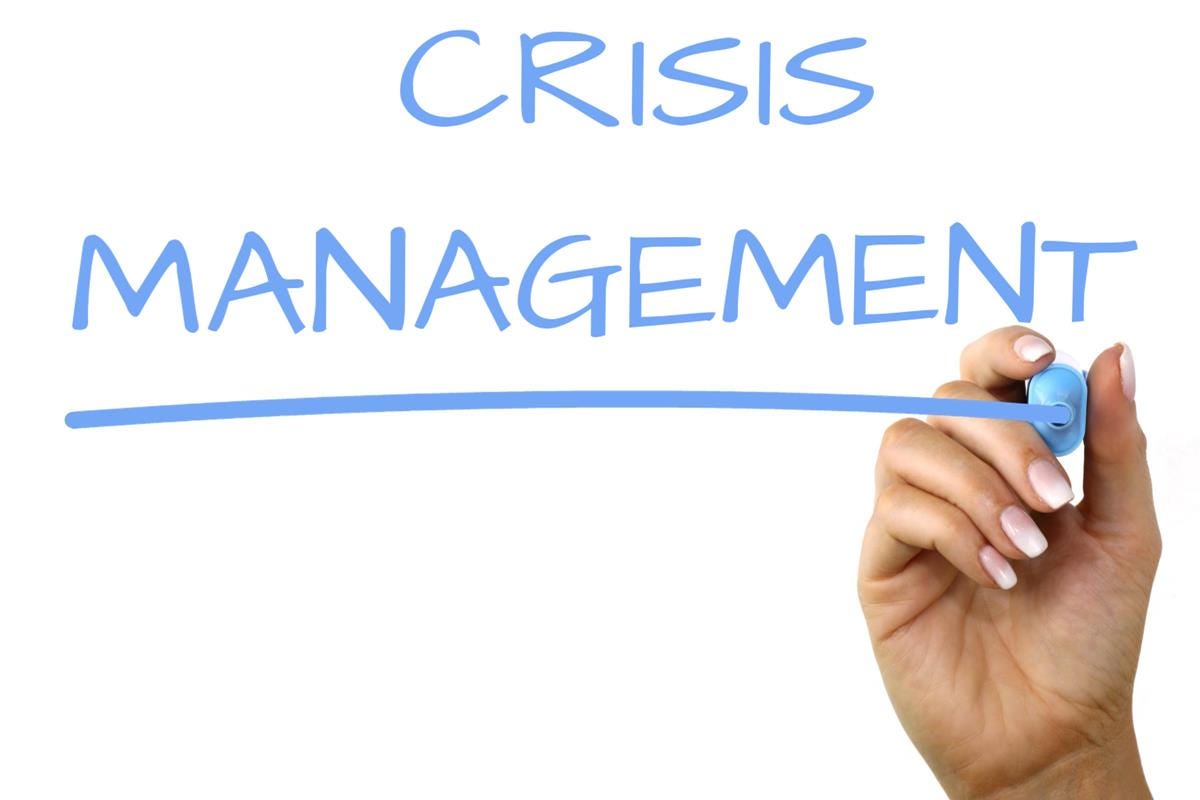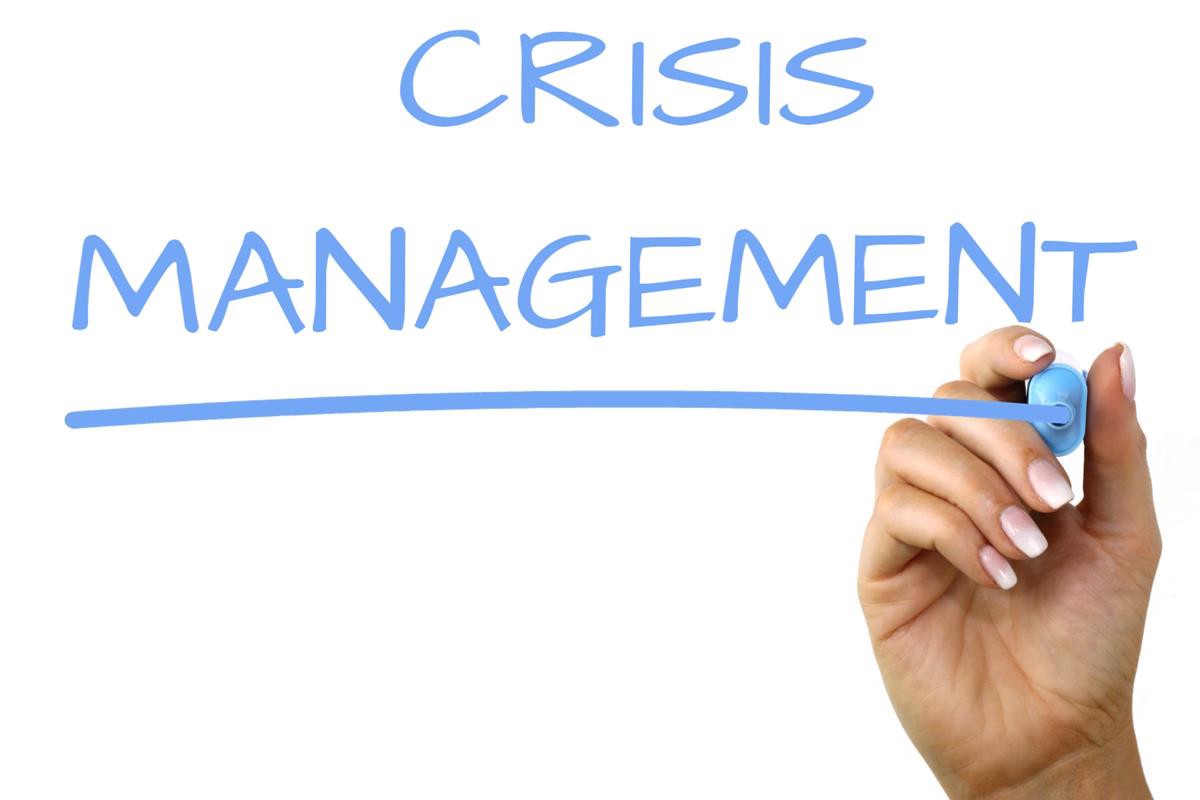
A crisis can take any form or shape, it could hit you in the form of a data breach, recession, executive misconduct, failed product launch, or a pandemic. These situations arise without a warning and can leave businesses devastated especially if they have no crisis leadership.
According to reports, about 68 percent of leaders believe that every business will eventually have to fight a crisis making leadership development an important job. We know that managing crisis can be hard, but proper leadership assessment can make the job easier.
This is why it is important to be proactive and prepare for the day. Leaders that have an idea of how to navigate a crisis have a better success rate according to 75% business owners.
However, as seen in the current scenario, it is already proving to be difficult. Politicians have been making wrong decisions, CEOs have been posting apologies, and executives have been lamenting. This is what happens when you are not ready for an unprecedented situation. But, that’s not an acceptable excuse for a business owner.
What is Leadership Crisis?
Leadership crisis means a lack of leadership. When we talk about crisis response in times of Covid 19, we refer to handling a business and all its aspects in times of economic uncertainty.
Covid-19 has left us a devastated world, one that we all need to come together to save it. As a leader, you must have great control over your thoughts during these times so you can come out a winner.
What are Four Stages of Crisis?
Fink has given us the crisis life cycle that contains four stages:
- The Prodromal Stage: In this stage, a crisis management professional needs to be reactive and not proactive by identifying an impending crisis.
- The Acute Stage: This is the stage at which the crisis actually begins.
- The Chronic Stage: This stage refers to the crisis’ lasting effects, as we know the impact of Covid 19 will be long-term and crisis managers will have to plan for the future.
- The Resolution Stage: This stage involves identifying a clear end to the times of crisis to ensure they’re not vulnerable.
How Do You Lead in a Crisis?
Here’s what needs to be done:
- Be Fearless and Don’t Panic
In situations like these, it is important to have a strategic plan, be in control and not panic. You may have to make some bold decisions and they must be taken with confidence and without fear.
“An unanticipated crisis can easily overwhelm contingency mitigation techniques and risk management programs, such as business continuity, disaster recovery, health and safety plans or emergency response. Management can even exacerbate a crisis if bad news is marginalized or otherwise ignored until it’s too late,” says Rhoda Woo, a Deloitte Advisory managing director and leader of the U.S. Crisis Management practice at Deloitte & Touche LLP.
Such situations can leave people panicked, especially when you have no other plan.
- Take People Into Confidence and Plan Ahead
As a leader, it is your responsibility to support your people and give them the confidence that they need. They’ll look up to you, and if you’re on shaky grounds then they’d be worried as well.
“In the absence of predetermined procedures, novel crisis—whether they be natural disasters, terror attacks, cyber breaches or malevolence such as shootings or inside sabotage and fraud—can test leadership’s decision-making and strategic-thinking abilities,” says Mary Galligan, a Deloitte Advisory director in the Cyber Risk Services practice at Deloitte & Touche LLP.
Plan every step and get ready to give answers to questions that may often be very difficult.
“You should not be the only one to deal with a crisis. In advance, plot out when and how external parties might be brought in to help address the crisis,” suggest Mr. Snyder.
- Be Active and Informed
As seen these days, the situation appears to be changing at a rapid pace. On one hand, more and more states are going under a lockdown and on the other hand, China is up and running.
The best way to overcome such a situation is to be well aware of what’s happening around you so that you can plan accordingly. In fact, in such situations, plans may have to be changed on a daily basis.
“What you thought was unimportant yesterday can become extremely important tomorrow. In today’s age of social media and 24×7 press coverage, some things can become much more in a crisis than originally expected. So continually framing the crisis, having the ability to assess on a continuous basis, and having a process to do that is extremely effective in managing any crisis,” suggests Galligan.
You can use social media to stay informed. You can read tips on responding to covid19, go through research reports and press releases to create your own financial crisis management plan.
- Keep Your Emotions Under Control
Emotionally intelligent people find managing crises easier, hence it is best to hire a crisis manager who has a good control over his or her emotions.
Decision makes should never let emotions block their view during crisis planning.
- Be Positive and Correct Mistakes
In the current situation, we have seen businesses fire employees with a heavy heart. It’s a difficult decision but it’s one that every private firm or business has to take. The rule is global, whether you’re in Latin America or the Middle East.
Since nobody likes a business that ‘fires’ people, it is important to make such decisions in a professional manner and keep your tone positive. You have to show empathy towards your employees and ensure they understand what you’re going through.
“Effective turnarounds are not made out of micro-incrementalism, but of very bold and decisive acts,” says William Snyder, a Deloitte Advisory principal and leader of the Corporate Restructuring Group at Deloitte Transactions and Business Analytics LLP. “However, it’s not uncommon to make mistakes, so it’s important to be flexible and back up, change course, adjust and go forward again,” he adds.
It is best to prepare for a crisis situation as fast as you can. Now may not be the right time to undergo a crisis management program but consider one when things fall into place. Work on talent development, supply chain, and other aspects of your business.
Coronavirus will leave businesses shattered and people jobless but it’s not a situation that we cannot fight. It needs strategic planning and proper implementation. We have come out of worse and we can come out of this disaster as well.
In this time, online marketing will continue to be an asset that you can use to inform readers and gain a footing. Decision makers can order an article or get in touch with us for more information on leadership skills.


